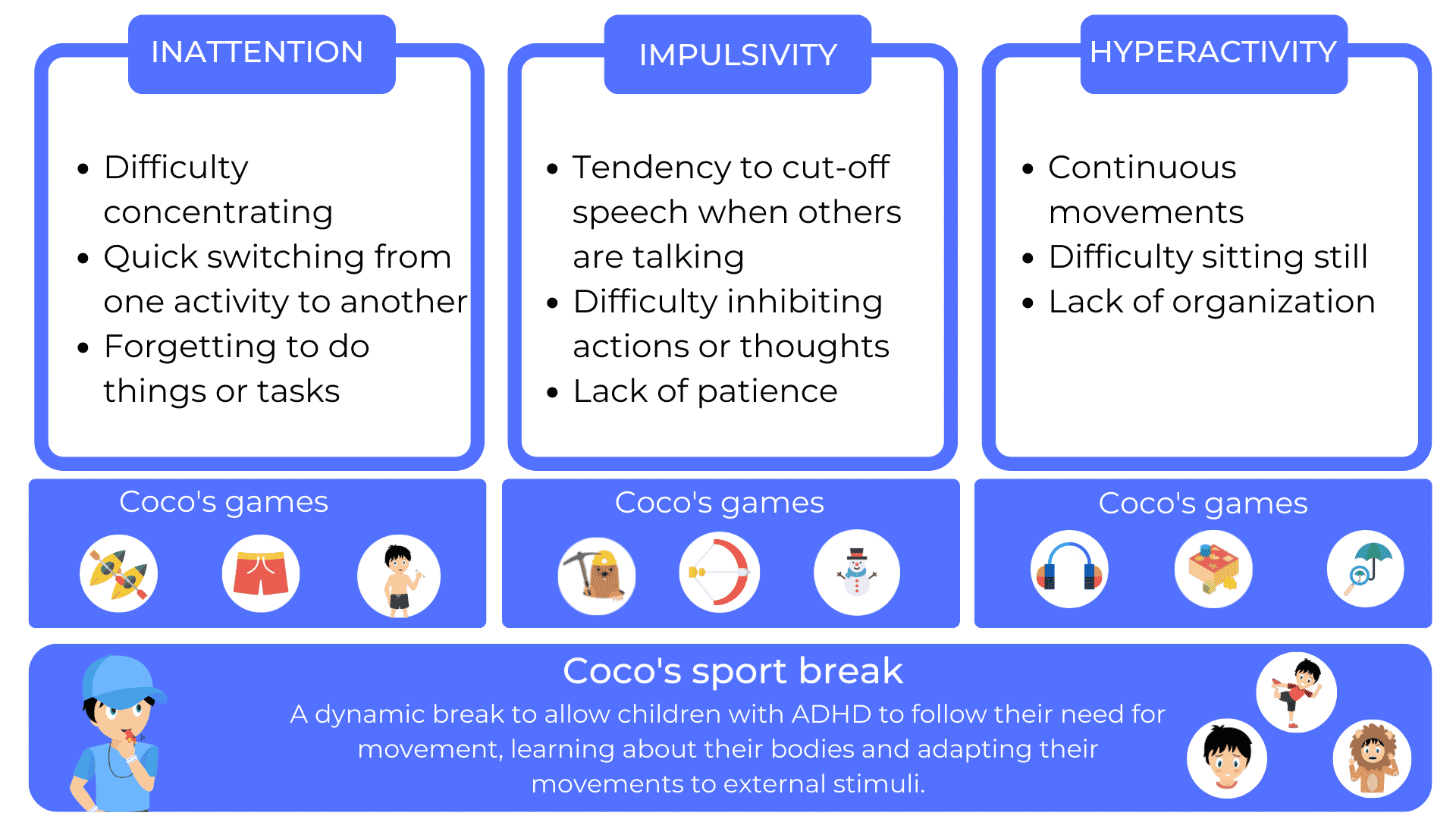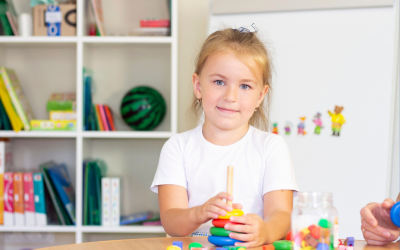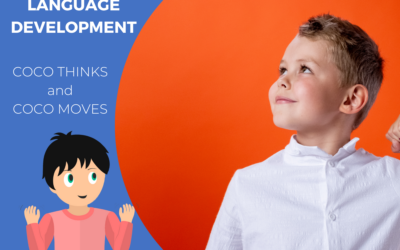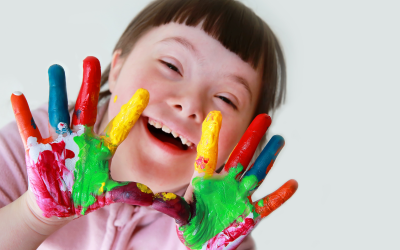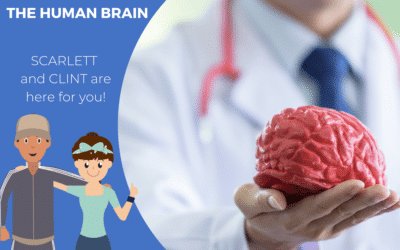Children with Attention Deficit Hyperactivity Disorder (ADHD) can often experience intense emotions that are difficult to manage. As parents, it is essential to understand how to support your child in emotional regulation and to accompany him in managing his emotions. In this article, we will present you with practical tips for dealing with intense emotions in ADHD children.
Create a calm environment
The environment in which your child lives can have a significant impact on his or her emotions. Be sure to create a calm and structured environment at home. Eliminate distractions, maintain an organized living space and create regular routines to provide your child with a sense of stability and security. You may also want to consider creating quiet zones where your child can retreat to when he or she is feeling strong emotions.
Encourage emotional expression
Encourage your child to express his or her emotions and share them with you. Be an active and understanding listener when they confide in you. Let them know that their emotions are valid and that they have the right to feel them. Also encourage them to find healthy ways to express their emotions, whether through writing, drawing, music or talking. If your child has trouble putting his emotions into words, you can offer visual tools, such as an emotion chart, to help him identify and communicate what he is feeling.
Teaching calming strategies
Teach your child calming techniques that can help him or her manage intense emotions. This may include deep breathing, meditation, yoga practice, the use of muscle relaxation techniques or the use of sensory objects such as stress balls. Show your child how to use these techniques and encourage him to practice them regularly, especially when he feels overwhelmed by his emotions.
Promote physical activity
Regular physical activity is beneficial for emotional regulation. Encourage your child to participate in physical activities he or she enjoys, such as dancing, biking, swimming, active games or team sports. Exercise helps release tension and improve mood by stimulating the production of endorphins, the happy hormones. In addition to its emotional benefits, physical activity also helps improve concentration and impulse management, challenges often associated with ADHD.

Establish structured routines
Structured routines help ADHD children feel safe and better able to manage their emotions. Establish regular schedules for meals, sleep, homework and daily activities. Be sure to clearly communicate expectations and rules, and offer visual reminders if necessary. ADHD children are often sensitive to time and transitions, so it can be helpful to use timers or sound reminders to help them prepare for changes.
Using positive communication
Communication plays a crucial role in managing emotions. Take a positive communication approach with your child, focusing on positive reinforcement and encouragement. Congratulate them on their efforts, progress and achievements. Use encouraging words and avoid criticism or negative remarks that may aggravate her emotions. Show them that you are there to support them and help them find solutions when they face emotional challenges.
Seek professional support
If you are finding it difficult to manage your ADHD child’s intense emotions, don’t hesitate to seek professional support. ADHD therapists can help you develop strategies that are appropriate for your child and your family situation.
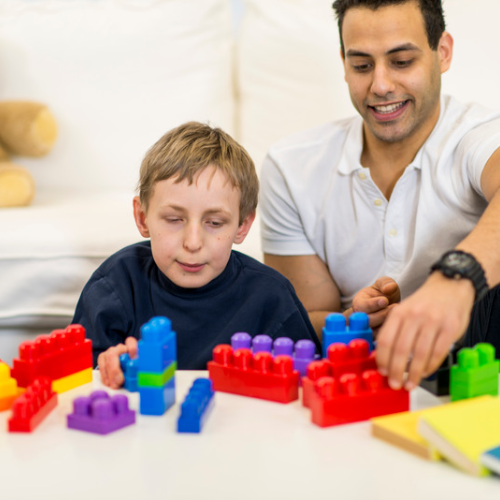
In conclusion, managing intense emotions in children with ADHD can be a challenge, but with the right strategies and support, you can help your child develop coping skills and better manage their emotions. Create a calm environment, encourage emotional expression, teach calming strategies, promote physical activity, establish structured routines, use positive communication, and seek professional support if needed. Together, you can help your child better manage his or her emotions and develop to their full potential.
Supporting ADHD children with the COCO THINK and COCO MOVE application
COCO THINKS and COCO MOVES is a program of educational and physical games for elementary school, from CP to CM2 in order to implement universal learning.
Children with ADHD have difficulty staying focused. It is therefore important to use games that work on theactivation or inhibition of movement, as well as games that require a specific response time.
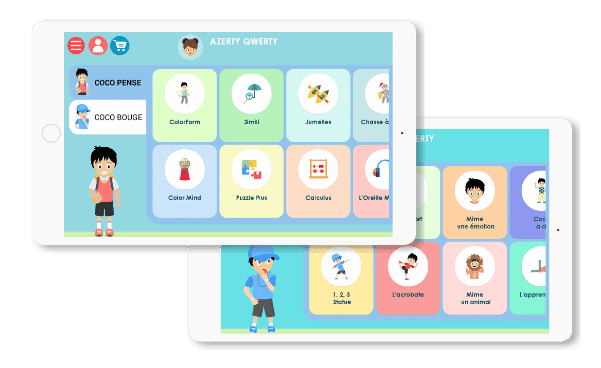
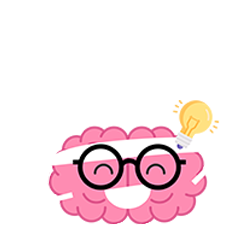
ATTENTION
ADHD children are easily distracted. Improving their attention span allows them to listen to the teacher and complete the required exercise.
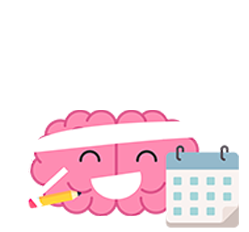
PLANNING
Planning allows you to anticipate the sequence of movements or actions to be done to complete an exercise. This allows the student not to forget things.
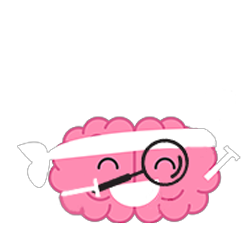
PERCEPTION
Students with ADHD tend to move quickly from one activity to another, so they don’t pay much attention to detail. A work on perception allows to learn to better analyze all the elements.
A sports break every 15 minutes of screen time
From the age of 5, children should do at least 1 hour of physical activity per day, including 30 minutes at school.
Benefits:
-
Airing the brain
-
Respect the need for movement
of the child -
Motivate children to continue the activity
However, today the situation is different:
- Children spend an average of 4h11 per day in front of screens
-
Only 4/10 children practice
regular physical activity.
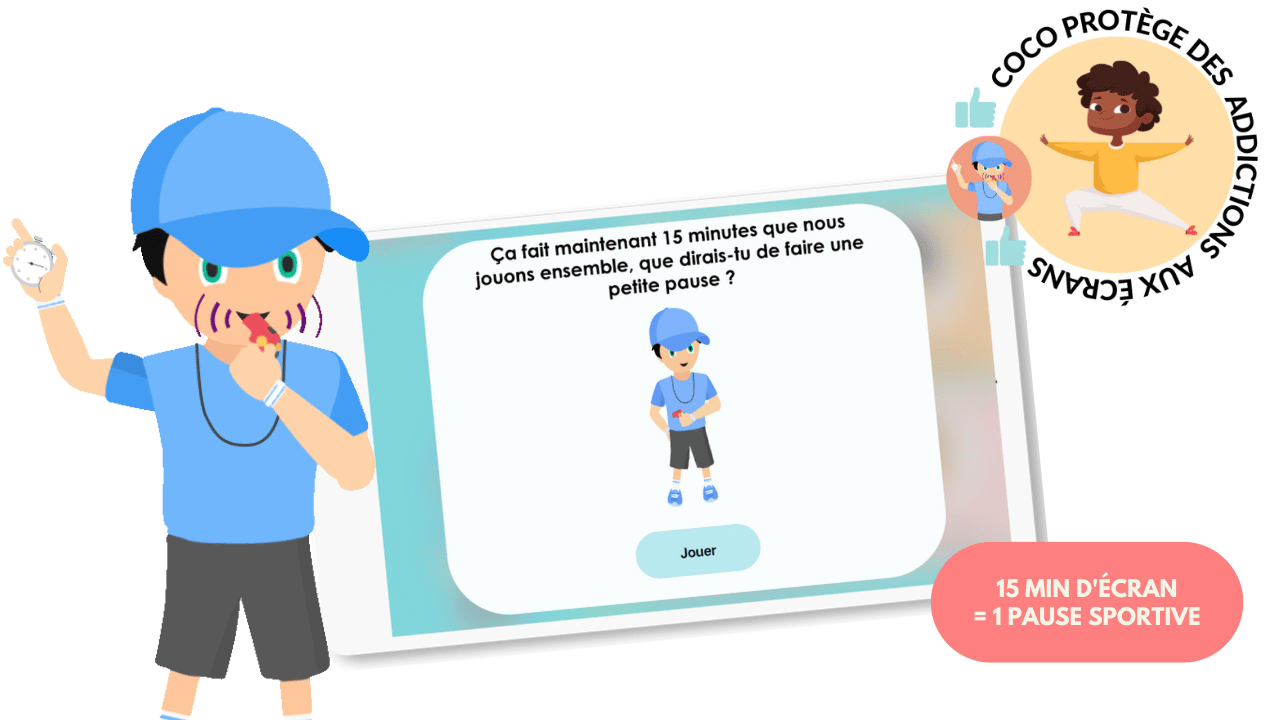
The plus of COCO THINK and COCO MOVE physical activities:
- Adapted physical exercises
- A personalized interface (possibility to hide games)
- Activities to teach body movement in space
- Activities for relaxation
- Activities that can be done sitting down
Other articles that might interest you:
Supporting children with autism
Dynseo proposesSUPPORTING CHILDREN WITH AUTISM with COCO THINKS AND COCO MOVESDynseo and its team are very much...
Supporting DYS children with COCO THINKS and COCO MOVES
Dynseo proposesDYS disorders with COCO THINKS and COCO MOVESOur educational and pedagogical games program COCO THINKS...
Language development
Children communicate from birth with movements, crying, looking at each other or with smiles. After only a few months,...
Supporting children with Down Syndrome with Coco
Dynseo proposesDOWN SYNDROME with COCODown syndrome is a non-hereditary chromosomal abnormality that leads to the...
Supporting people after a stroke
Dynseo proposesStroke with CLINT, your brain training coachThe Dynseo team is very involved in helping people who have...
Supporting someone with Alzheimer’s
In this guide, we will detail how SCARLETT can be used for supporting someone with Alzheimer's. SCARLETT is a...
10 myths about the human brain you didn’t know
The brain is an incredible muscle, however there are many things we do not know, and what we do know is not always...
Using Digital Tools to Support Students with Special Educational Needs
Special Educational Needs (SEN) encompass a wide range of learning difficulties and disabilities that can hinder a...
Down Syndrome and Communication: Facilitating Interaction with Visual and Interactive Supports
When we think about Down syndrome, we often recognize it as a genetic condition that affects physical and cognitive...
How to Track Progress in People with Down Syndrome Using Digital Tools
Down syndrome, a genetic condition caused by the presence of an extra chromosome 21, affects approximately 1 in every...


